Europe at a Crossroads: Challenges and Opportunities for a Stronger Future
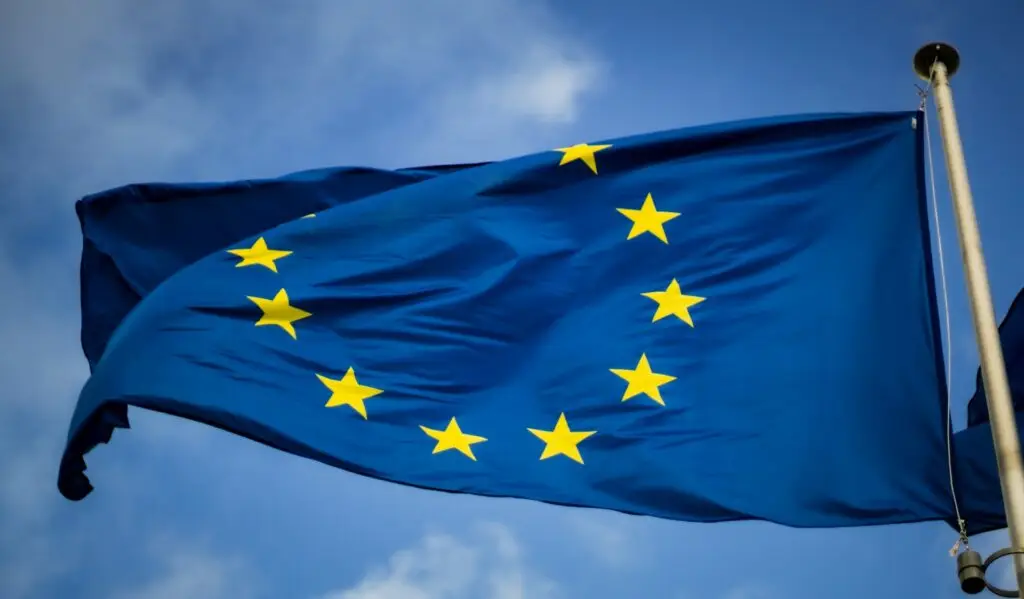
Europe stands at a crossroads: geopolitical tensions, technological shifts, and economic competition threaten its position against powers like the US, China, and India. Internal divisions and bureaucratic inertia hinder necessary reforms. Yet, Europe has immense potential: investment in education, innovation, renewable energy, and social cohesion could strengthen its global standing. A new “innovation drive,” energy independence, and democratic modernization are crucial to safeguarding competitiveness. Without bold reforms, Europe risks falling behind and becoming dependent on other powers. Now is the time to act and build a forward-looking vision for the continent’s future.
Elon Musk and the Controversial Salute: Provocation, Influence, and Global Reactions
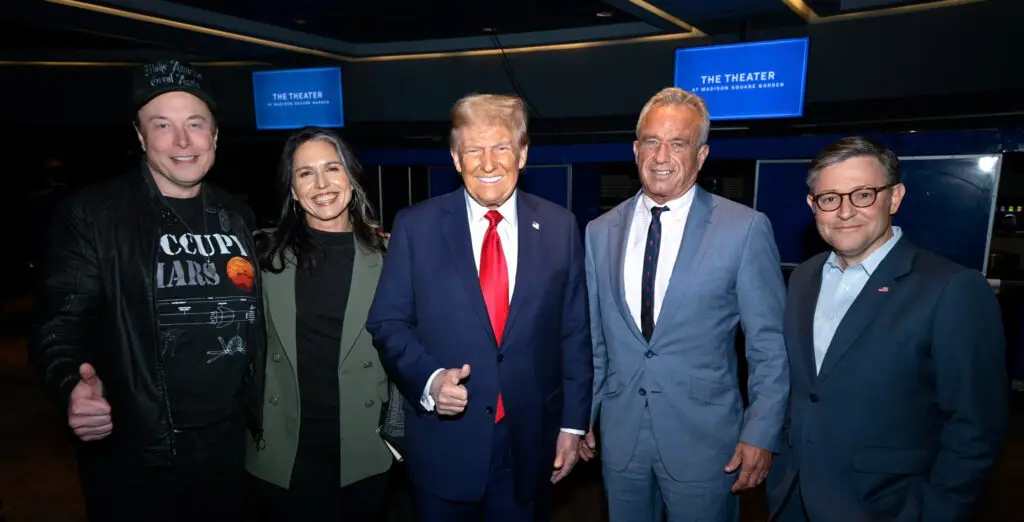
Elon Musk recently sparked global outrage by making a gesture during President Trump’s inauguration that resembled a Nazi salute. Whether intentional or impulsive, this act has drawn sharp criticism and raised questions about his motivations and accountability. While the gesture has been condemned by many, it has also been celebrated by extremist groups and could be exploited for propaganda in Russia. This incident highlights the profound influence of public figures and underscores the need for critical examination of their actions and their global impact.
Oligarchs and Their Growing Influence: A Risk to Democracy and Society?
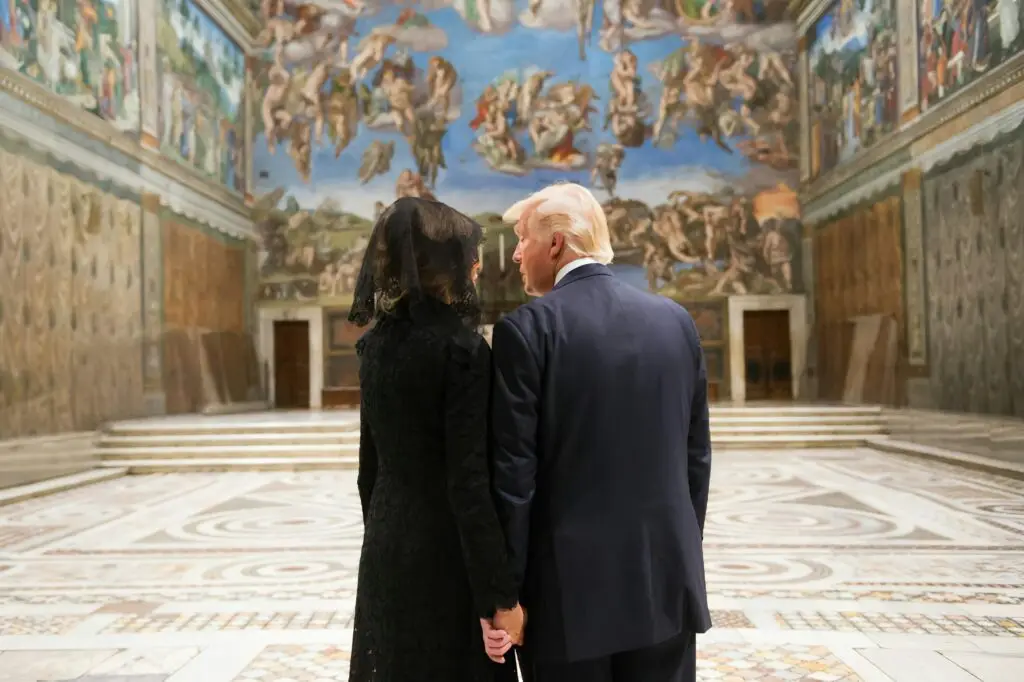
Oligarchs shaping politics: From Trump to Musk, from Saudi Arabia to Qatar—wealthy individuals and lobby groups increasingly influence global legislation and political decisions. What was once done discreetly through lobbyists now happens openly, as billionaires enter politics themselves. This trend poses significant risks to democracy, the environment, and social equity, as personal interests often take precedence. The article explores global examples and examines the long-term consequences of economic power dominating political authority.
The Battle for Freedom: Redefining Liberalism in a Populist World
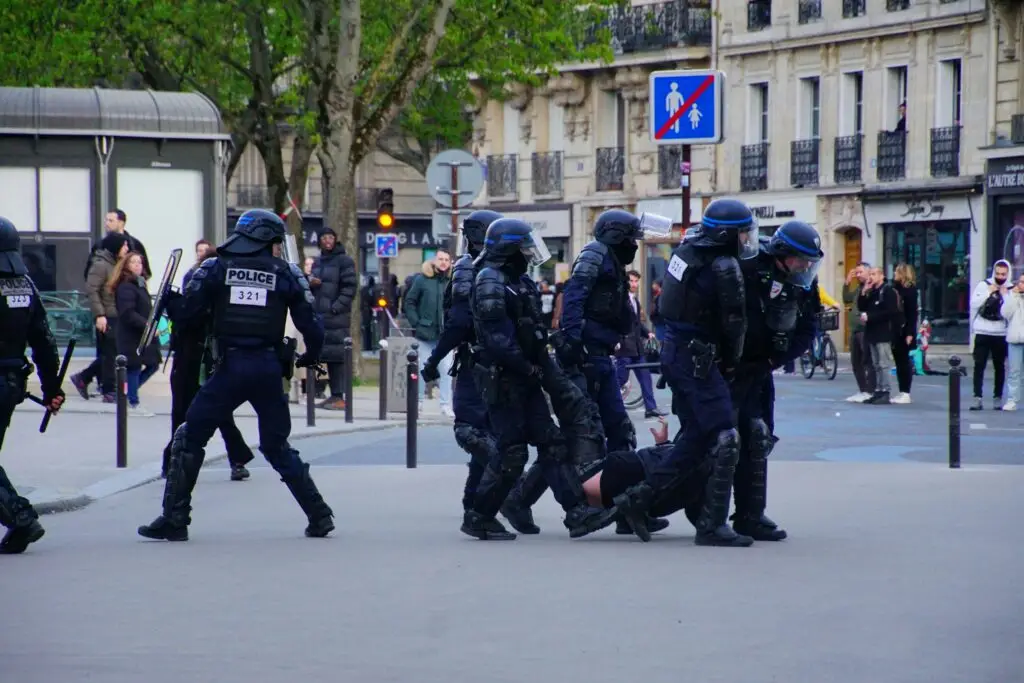
Freedom is under siege, twisted by populists and nationalists to stoke fear and division. Leaders like Trump, Orbán, and Meloni exploit legitimate concerns, turning them into weapons against inclusivity and progress. True liberalism champions not just individual freedoms but the shared humanity that binds us. The world doesn’t need more walls—it needs bridges built on understanding and unity. Let’s reclaim freedom as a beacon of inclusion and cooperation, not a battleground of exclusion. Together, we can redefine what it means to be truly free.
The Fall of the Assad Regime: What’s Next for Syria?
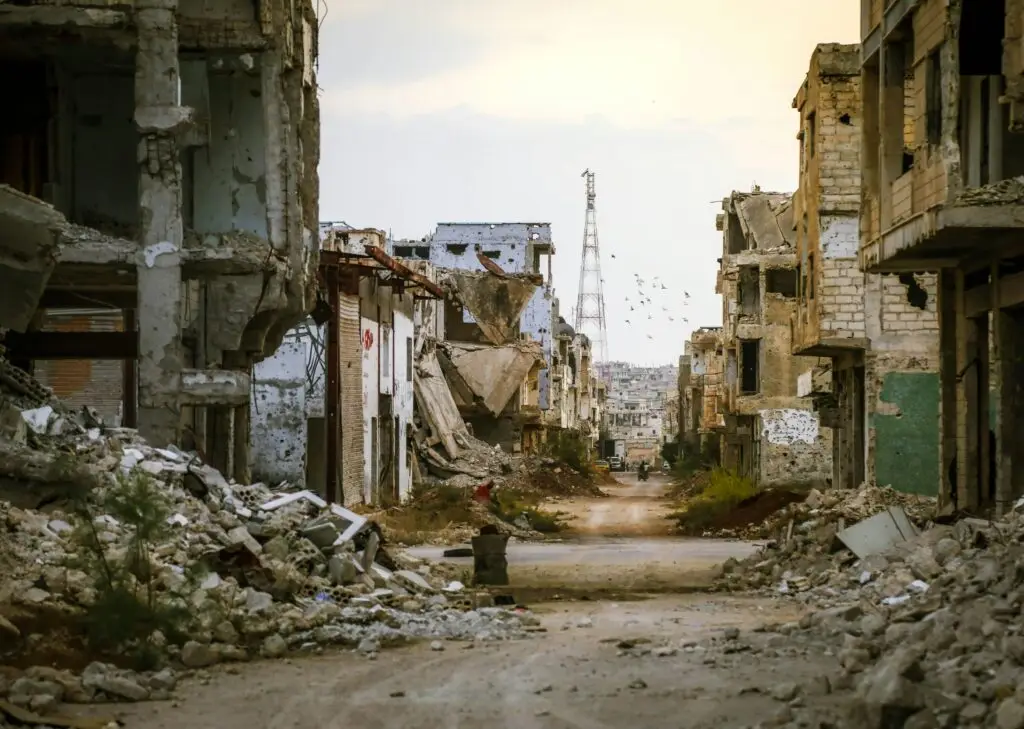
The fall of the Assad regime and the rise of the Hayat Tahrir al-Sham (HTS) militia mark a turning point in Syria’s history. But what does this mean for the country’s future? HTS, once aligned with Al-Qaeda, now claims to have adopted more moderate goals, though skepticism persists. The political and social challenges are immense: Kurdish territories, ethnic minorities, women’s rights, and the risk of renewed conflicts raise pressing questions. Will Syria become a new Afghanistan, a fragmented nation, or a unified, free country? Europe, Turkey, and the broader Middle East will be closely watching, as the repercussions could be profound.
Leaderless into Crisis: Who Will Govern Germany?
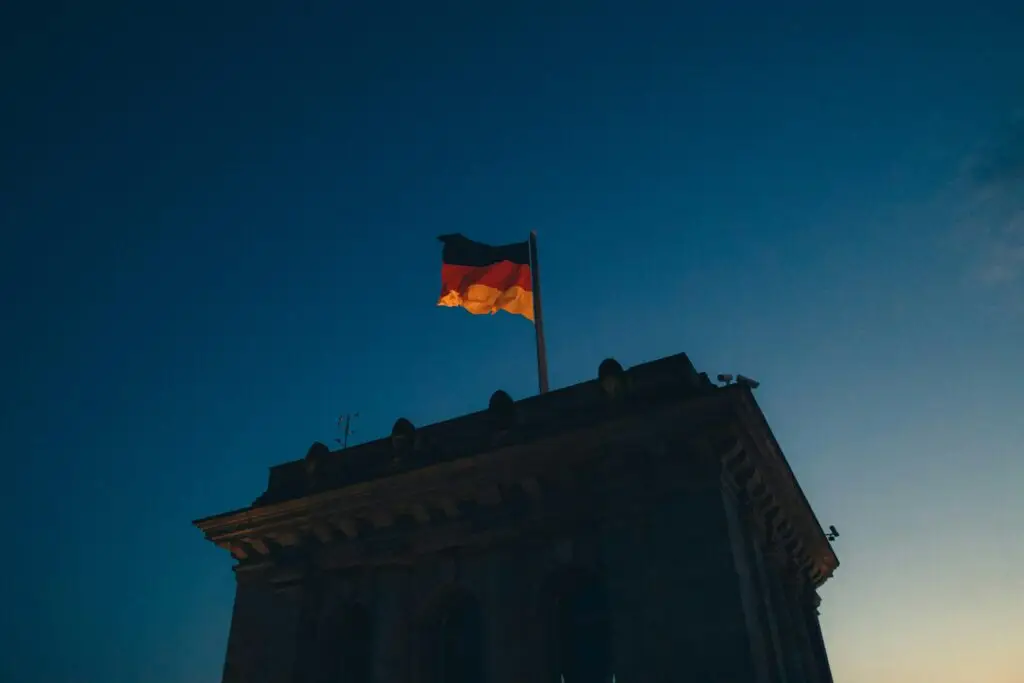
The chancellor candidates from the major parties inspire little hope for a brighter future. Scholz hesitates, Merz clings to the status quo, Habeck stumbles over his own missteps, and Lindner seems to be a roadblock. Meanwhile, outsiders like the AfD and BSW offer no solutions, only threats to democracy. So, what’s left? Once again, choosing the lesser evil – while time runs out and problems grow. An analysis of the candidates’ weaknesses and the pressing question: How do we escape this deadlock?
We may have missed the signs of the times?
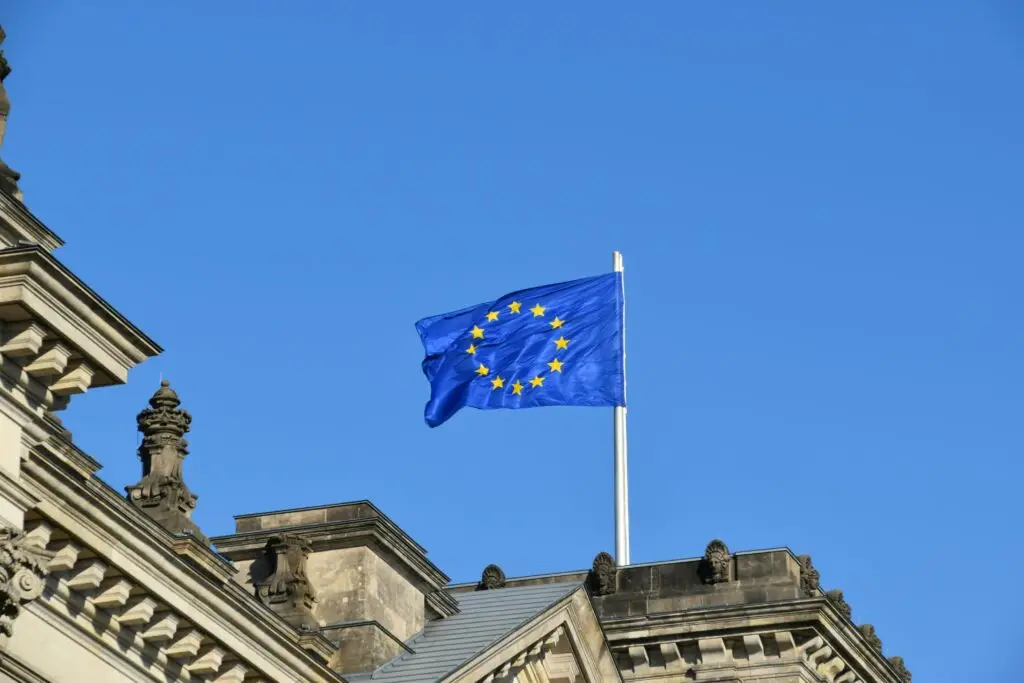
For too long, Europe and Germany have relied on U.S. security guarantees, missing crucial developments along the way. With American troops withdrawing and geopolitical instability sparked by Russia, we face unprecedented challenges. But it’s not just our security—our economy also suffers from a lack of independence. Europe must come together, foster innovation, and become more self-reliant to thrive in a changing world. It’s time to recognize the signs of the times and make bold decisions—for a secure and prosperous future.
So it has come to this.
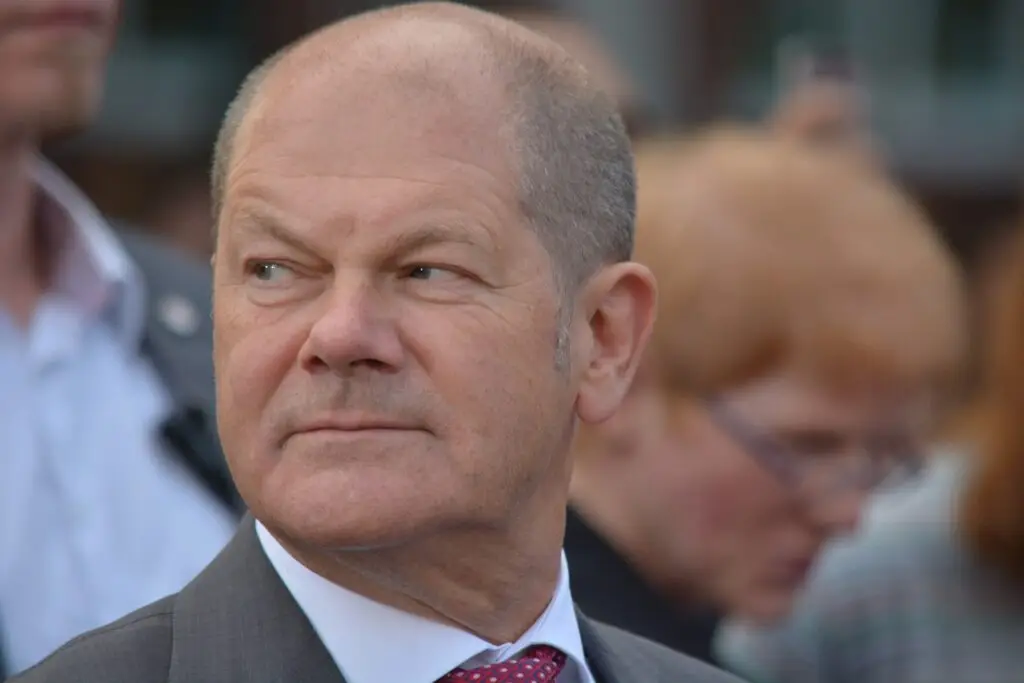
In this article, the author criticizes the collapse of Germany’s traffic light coalition, attributing it to the uncompromising stance of FDP leader Christian Lindner. Chancellor Olaf Scholz is accused of failing as a leader and blaming others for the coalition’s failure. The author fears that political instability will lead to a surge in support for the right-wing AfD and the left-leaning BSW, while established parties lose ground. Emphasizing the need for strong leadership and clear strategies in the face of economic challenges, social inequality, and global tensions, the article discusses issues such as the role of the media, the importance of civil society, climate change, migration, and Germany’s international relations. The author calls for immediate new elections and sharply criticizes the current political leadership.
Fading Hope: A World Heading Toward Autocracy
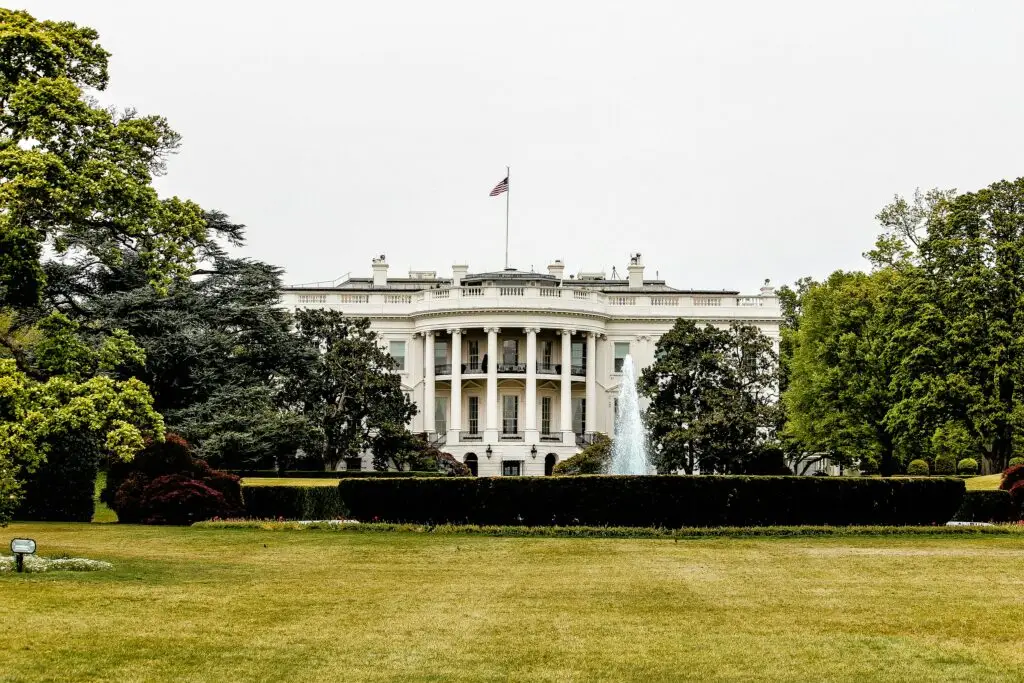
In this blog post, the author expresses deep concern over the re-election of Donald Trump as U.S. President. He feels disillusioned and no longer understands the world, given that a politician who openly questions democratic values has been elected again. The author reflects on the global rise of autocrats, populists, and oligarchs who are plunging the world into uncertainty. He wonders why so many people are choosing such leaders and what effects this will have on countries like Europe, Ukraine, China, and the U.S. He is also worried about similar trends in Germany, where disillusioned citizens are turning to extreme parties like the AfD or the BSW. The text mirrors his fear for the future—both his own and his daughter’s—and calls for reflection on current political tendencies.
The Chancellor Question in the Union
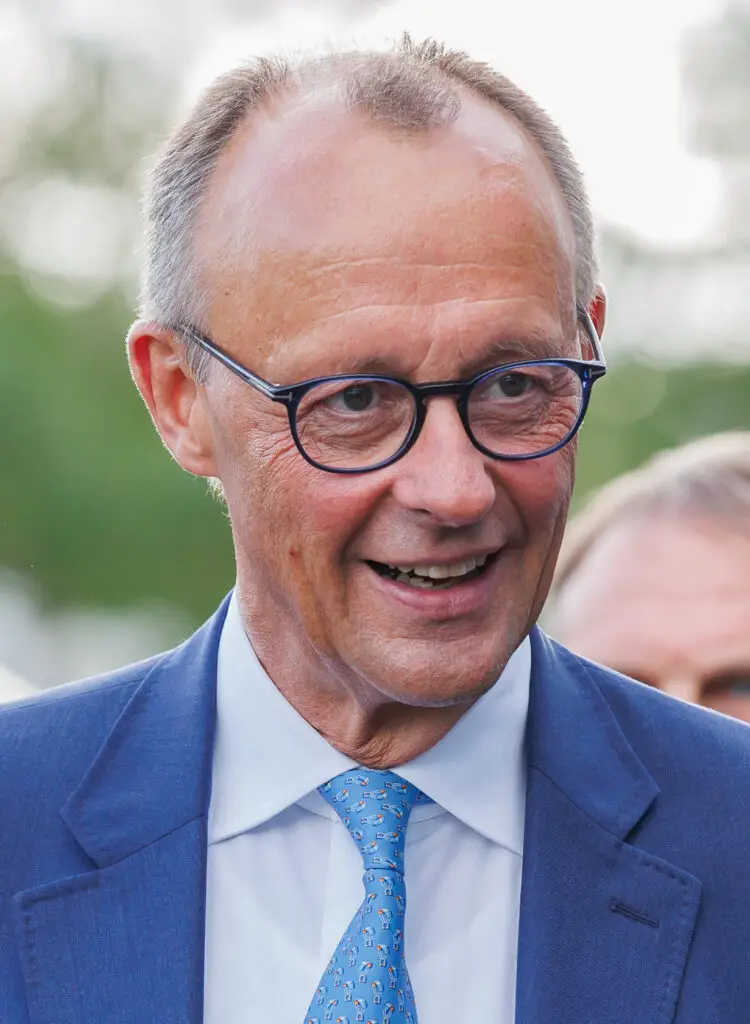
In this blog article, the author critiques the ongoing debate about the chancellor candidacy within the Union. He argues that neither Markus Söder nor Friedrich Merz are suitable candidates and laments the absence of a charismatic, uncorrupt chancellor candidate. He views the chances of a Bavarian politician becoming chancellor with skepticism and expresses concerns about corruption and lack of likability among the current contenders. In conclusion, he wonders if he’ll have to choose the “lesser evil” once again.